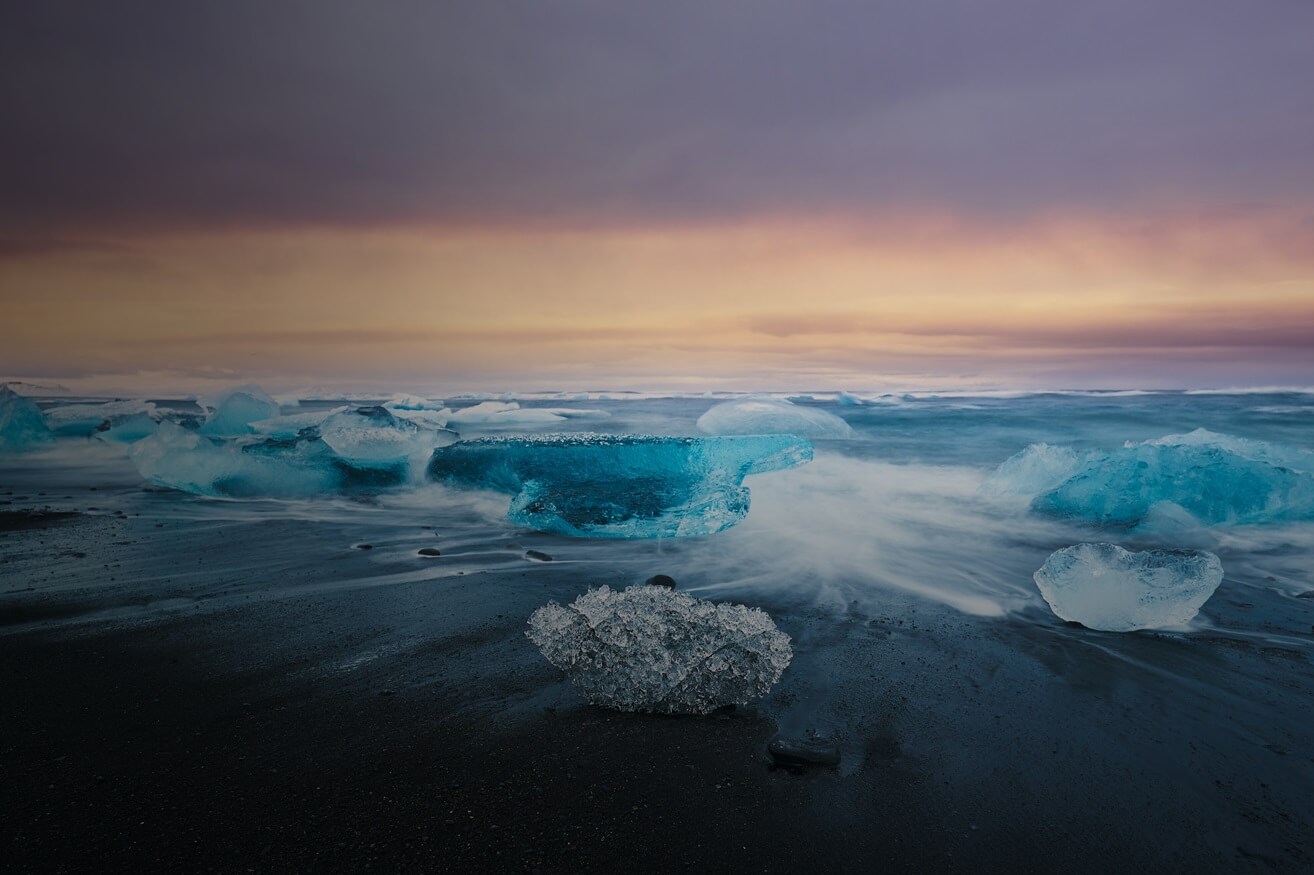
Now Accepting Nominations!
Submit a Nomination
Career Stage
Student
Award Type
Section Award
Of Note
Peer nomination required
Submission Window
3 January - 27 March
Recognizing Students for their notable contributions
The Study of the Earth’s Deep Interior (SEDI) Section Award for Graduate Research is presented annually to one or two graduate student honorees. Students are honored for their notable contributions including advances in the understanding of the deep interior of the Earth or other planetary bodies using a broad range of observational, experimental, or theoretical approaches.
Honor Benefits
Recipients receive the following:
- Award certificate
- Recognition in Eos
- Recognition at the AGU Fall Meeting during the award presentation year
- Invitation to the SEDI section event at the AGU Fall Meeting during the award presentation year
- $500 Monetary Prize
About the Study of the Earth's Deep Interior Section
The Study of the Earth's Deep Interior is dedicated to understanding the internal structure of the Earth (and other bodies) at depths inaccessible by direct sampling.
Eligibility
Nominee
The nominee must be:
- an active AGU member
- a current M.S. or Ph.D. student or have completed the Ph.D. requirements (or the highest equivalent terminal degree) in the same year as the award is presented
Nominators
Nominators are not required to hold an active AGU membership.
All Parties
Must be in compliance with AGU's conflict of interest and professional conduct policies.
Read AGU's Ethics Policies 
